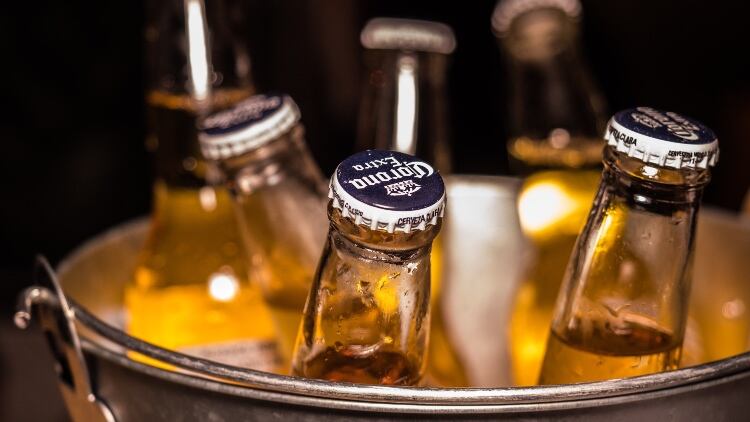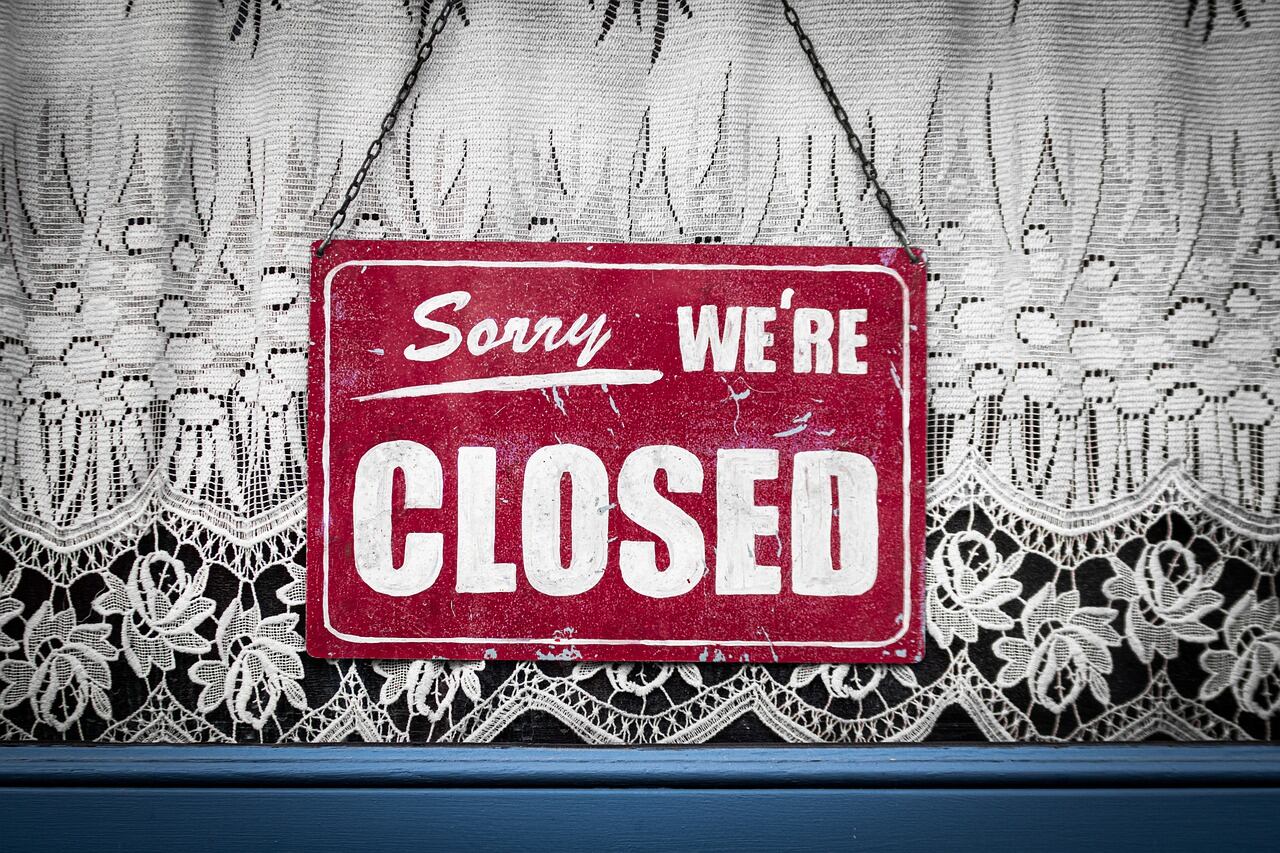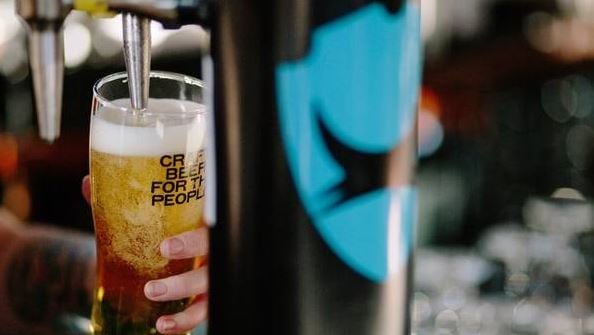A report published on 3 August by Cebr described the widespread shift towards homeworking as one of the most profound impacts of the Covid-19 pandemic – stating it has “sucked the life out of many central locations”.
According to Google mobility data taken during peak lockdown in April, the number of people going to places of work on weekdays in London was 77% lower than before the crisis, though this improved to 60% lower than the benchmark period between 3 January and 6 February by June.
“We looked at the categories of lunch, after-work drinks, coffee/tea, snacks, stationery and other office equipment,” senior economist Pablo Shah said. “Spend on those goods and services near a place of work are about £202 per person per month.
“Taking the Google data in addition to those spending statistics and scaling up to the number of employees in London prior to the crisis provides an estimate of the amount of money that isn’t being spent in shops and food and drink establishments near employment hubs in London during the coronavirus crisis.
“We calculate that figure to be £2.3bn between March and June.”
Continued losses
Cebr’s report added that there was unlikely to be a full return to the office when “new normal” conditions stabilise in 2021, with almost one-third (30%) of London-based employees still likely to be working from home on any one day – compared to only 11.9% of employees pre-pandemic.
“Scaling from this, the capital will continue to lose out on around £178m per month compared to what was previously spent by employees near their places of work prior to the crisis,” Shah added.
Cebr’s projections for the future of London’s hospitality sector come after the latest Coffer Peach Business Tracker revealed that total sales across the hospitality sector during the week commencing 20 July were up by 36.8% versus the previous seven days – helped in part by pubs and bars in Scotland reopening.
It found while collective like-for-like sales in reopened sites were still 28.5% down on the same week last year, trading had improved from the 31.6% deficit registered the week before, and the minus 39.8% recorded in the first week after lockdown was lifted in England on 4 July.
However, the closure of hospitality businesses across the UK in mid-March resulted in sales from April and June totalling just £4.6bn, down by £29.6bn from £34.2bn in the second quarter of 2019, according to the UKHospitality Tracker collated by CGA.
Can pubs redefine ‘work drinks’?
However, speaking to The Morning Advertiser in June, Jones Architecture & Design’s creative director Abi Perry-Jones explained she believes pub operators can cater for the huge number of people working from home who, after months of lockdown, are likely to be sick of staring at the same four home office walls every day.
“As more people work from home, more people will get to the point where they get a bit bored,” she explained. “It's great to have spaces where people can meet up and have an informal meeting but not go into town or cities or big office spaces.
“If semi-private spaces could double up for that or even a cosy corner with a USB and a power-point so people can sit there with a laptop and get a coffee could be an area that operators could really cash in on."
As an example, she explains that the Park in Bedford, Bedfordshire, has recently added add power and USB sockets for people to charge phones or plug in a laptop to its modular seating in a bid to capitalise on the increase in remote working.
What’s more, multiple operators including Albion & East and BrewDog have previously built strong hospitality offers around remote working, with the latter’s ‘DeskDog’ hot-desking initiative inviting remote workers to prop up the bar at BrewDog sites for as little as £7 in exchange for unlimited coffee throughout their working day as well as a pint of Punk IPA to toast a job well done.




